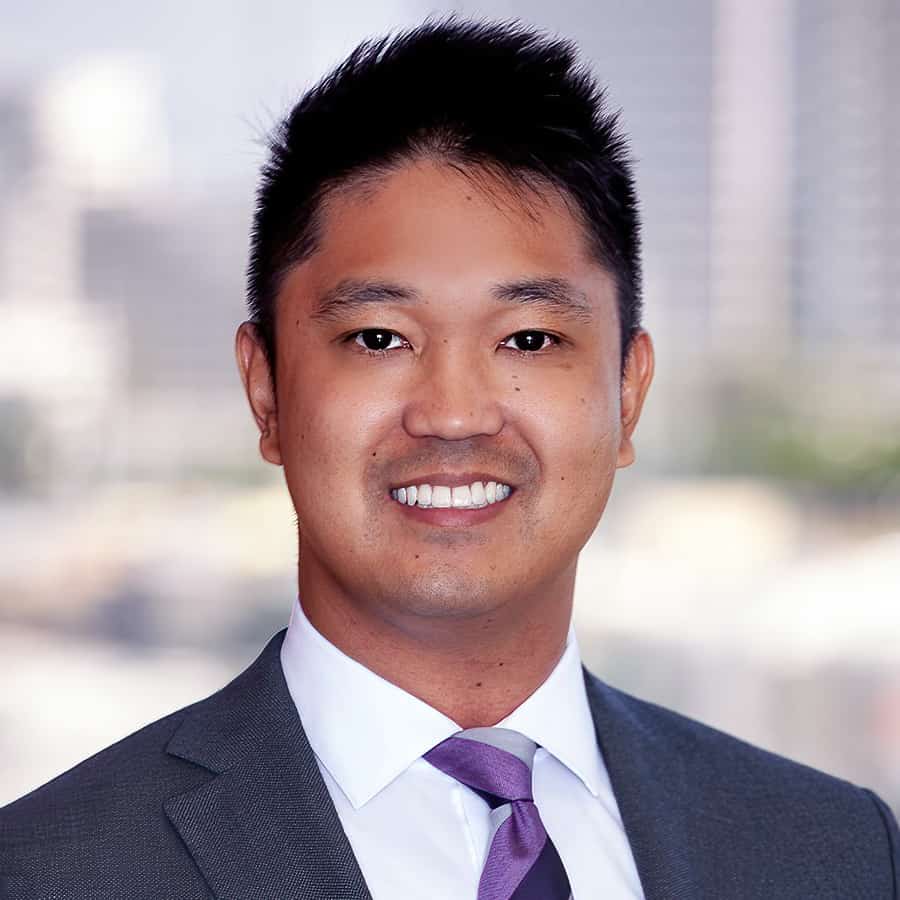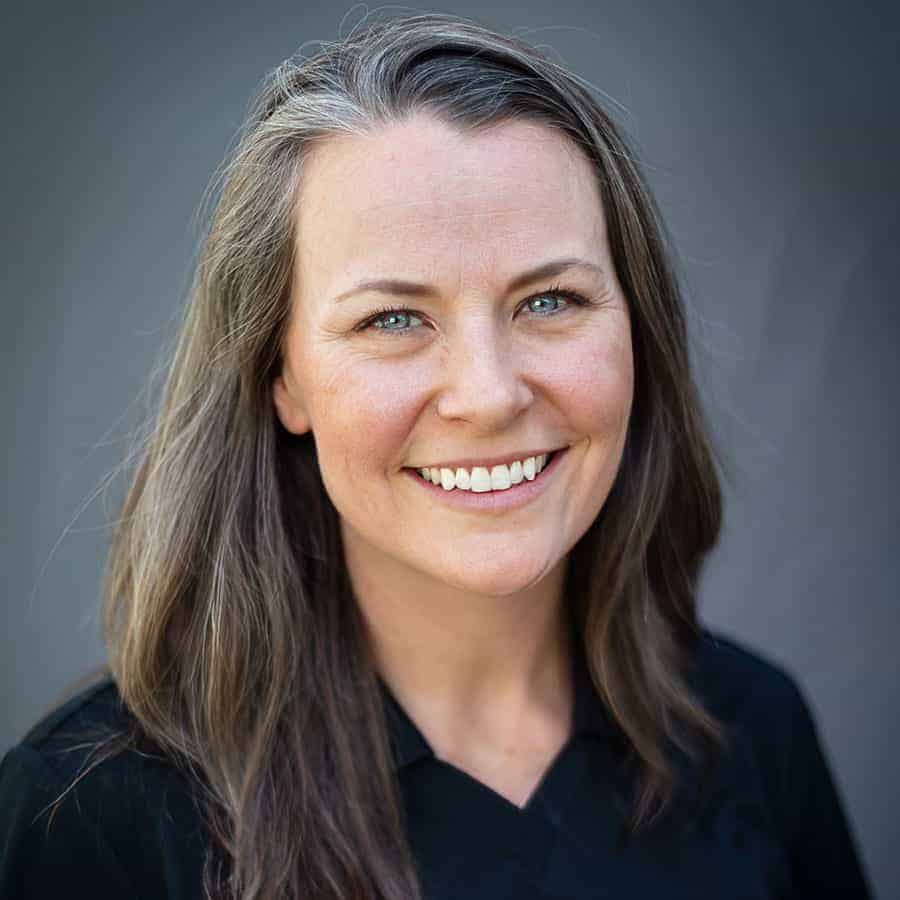In this episode, we talk with Matthew Cristi, a talented design engineer at KPFF Consulting Engineers and a dedicated First Lieutenant in the United States Air Force. Matthew shares his unique journey of juggling a dynamic engineering career while serving in the Air Force Reserves. He also reveals the secrets of effective networking skills for career growth and offers practical advice for young engineers aiming to make their mark in the industry.
***The video version of this episode can be viewed here.***
Engineering Quotes:
Here Are Some of the Questions We Ask Matthew:
- What values and influences do you believe drove your motivation and focus, resulting in your successful early career?
- Is your uncle a structural engineer for Disneyland?
- Were you the ASCE Student Chapter President at CSUN during your undergrad?
- How has your networking skills from your time as ASCE president at CSUN continued to impact your career, and what advice do you have for engineers about effective networking skills?
- What tip would you give engineers who want to expand their network?
- After Stanford, what led you to join the Air Force, and how have those unique experiences impacted your engineering career?
- As a design engineer, how does your work designing military bases in the desert fit into your schedule and team dynamics?
- During weekend training for readiness, do you also work on projects, calculations, and blueprints, or is it primarily physical training?
- What advice would you give young engineers starting out or seeking to make a significant impact in their field?
Here Are Some of the Key Points Discussed About Networking Skills That Will Contribute to Engineering Career Growth:
- Witnessing firsthand the determination and passion of a role model, such as Matthew’s mother who sets and achieves ambitious goals like running marathons in their mid-forties, has strongly influenced the drive and focus that propelled Matthew’s successful early career.
- Matthew’s uncle began his career as a structural engineer for Disneyland before transitioning into other roles within the industry, offering valuable guidance and mentorship along Matthew’s professional path.
- Matthew served as the ASCE Student Chapter President at CSUN during his undergraduate years, a role that provided him with leadership experience and opportunities to engage deeply with civil engineering initiatives.
- Networking during Matthew’s time as ASCE president at CSUN has been crucial for his career, expanding his connections and providing ongoing mentorship. His advice for engineers emphasizes the importance of networking actively, attending industry events, and building genuine relationships to advance professionally.
- Engineers should focus on using LinkedIn, maintaining a professional social media presence, and carrying business cards. They should also attend industry events, join organizations, and seek mentorship to expand their network effectively.
- After Stanford, Matthew joined the Air Force for unique experiences that have greatly influenced his engineering career, providing valuable insights into teamwork, leadership, and problem-solving in challenging environments.
- Designing military bases in desert environments as a design engineer involves careful scheduling and teamwork coordination. It requires adapting to unique challenges like remote locations and specific infrastructure needs, requiring flexible work arrangements to ensure project success.
- During weekend training in the Air Force Reserves, engineers develop beddown plans for airfields, planning utilities, infrastructure, and preparing for operational readiness through calculations and blueprint work.
- For young engineers starting out or aiming to make a significant impact, staying humble and avoiding comparisons with others is essential. Focus on continuous learning and pursuing personal goals to grow and contribute effectively to your field.
More Details in This Episode…
About the Guest: Matthew Cristi

Matthew was recently promoted to first lieutenant upon completing a tour of duty in Hawaii and Korea. His work in the United States Air Force includes structural design work for Morón Air Base in Spain, as well as project management with the Pacific Air Forces Headquarters. Lt. Cristi is proud to be a civil engineer in the Greater Los Angeles community while serving his country and being a role model for future generations.
About the Hosts
Mathew Picardal, P.E., SE

Rachel Holland, P.E.

Sources/References:
KPFF Consulting Engineers
UC Berkeley
St. Francis High School
Cal State Northridge
Simpson Strong-Tie
ASCE – American Society of Civil Engineers
Stanford University
Air Force Reserve
Disneyland
Brando and Johnston
CSUN – California State University, Northridge.
LADWP – Los Angeles Department of Water and Power
LA YMF – Los Angeles Younger Member Forum
Harvard University
UC San Diego Hospital
USC – University of Southern California
Stanford Golf Course
Pearl Harbor, Hawaii
Connect with Matthew Cristi on LinkedIn
Please leave your comments or questions in the section below on networking skills that will contribute to engineering career growth.













